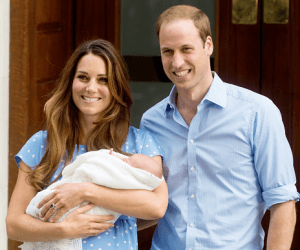Unpaid interns at the centre of an epidemic
Fatigue is an epidemic in our society. In a study conducted by the CDC, over 40% of 18 to 25 year-olds have reported unintentionally falling asleep during the day at least once in the last month, and 7% of 25 to 35 year-olds have nodded off while driving in the same period of time.
In 2011, Andy Ferguson, a 22 year-old student at the Northern Alberta Institute of Technology (NAIT), died in a head-on collision after working back-to-back shifts as an unpaid intern. In a recent article by CBC’s Kathy Tomlinson, a renewed sense of sadness and outrage surfaces.
Andy had worked 16 of the last 24 hours of his life.
Moritz Erardt, a 21-year-old exchange student from Germany, collapsed in his shower and died last month. He worked through the night 8 times over two weeks leading up to his death. He did this in an effort to secure a position at Merrill Lynch, which was just about to be offered to him. He was known as the ‘superstar’ of the internship program.
In Kathy’s article, Claire Seaborn of the Canadian Intern Association, mentions high youth unemployment as a potential cause for interns feeling the pressure to work long hours. This is one of many pressures students face in their day-to-day reality. Students and unpaid interns are hit hard by managing a full-time school schedule, perhaps a part-time job or two, and an internship to gain experience. Top off this breakneck schedule with the added pressure of exams and you have a formula for increased risk of accident and health complications.
This is not just a student issue. How many times have you put off sleep to get something done?
While you might get away with being tired and clinging to a caffeine crutch to get you through the day, you are playing a dangerous game that goes well beyond having bags under your eyes. Fatigue is attributed to an increased risk of accident not to mention health problems that range from diabetes to depression and obesity.
The problem doesn’t stop there. The more chronically fatigued you become, the harder it is for your body to get back on track. You can trick your body to thinking it is rested if you “catch up” by sleeping 8 hours in a night, but all that means is that you are less exhausted than the day before.
It is time to take health and wellness off the backburner. Addressing the issue of fatigue-related accidents goes beyond the Bank of America’s inquiry into their employee policies. This is a good start, but we all need to take a long hard look at our expectations of ourselves and those around us.

